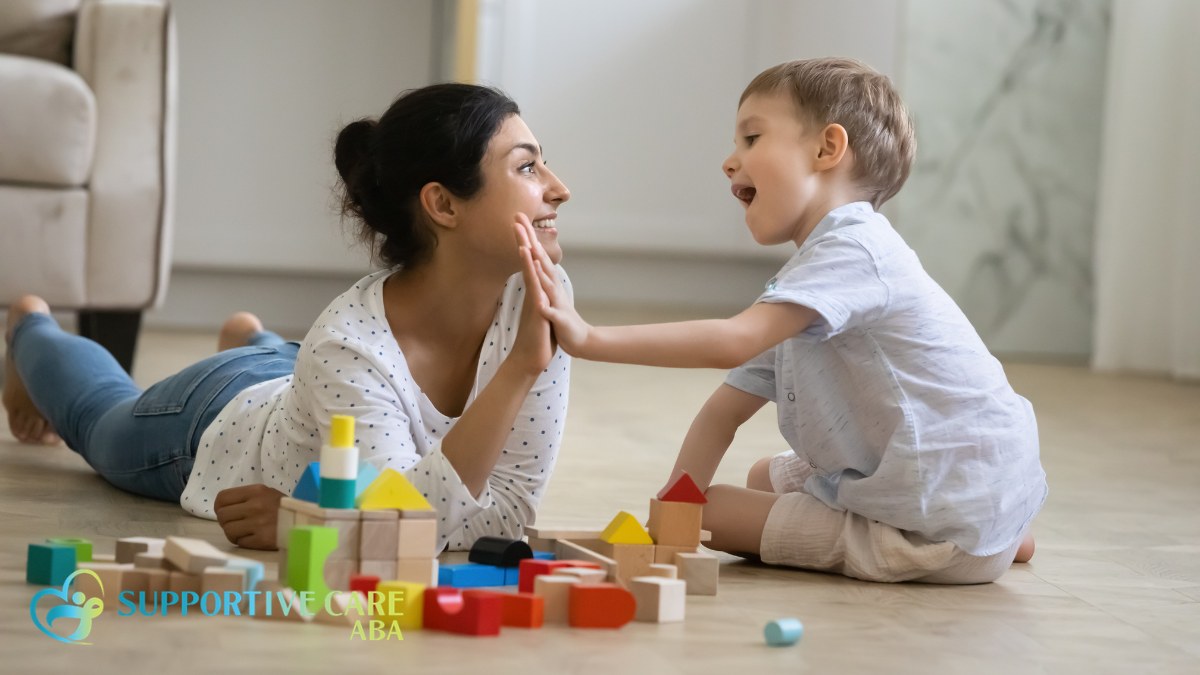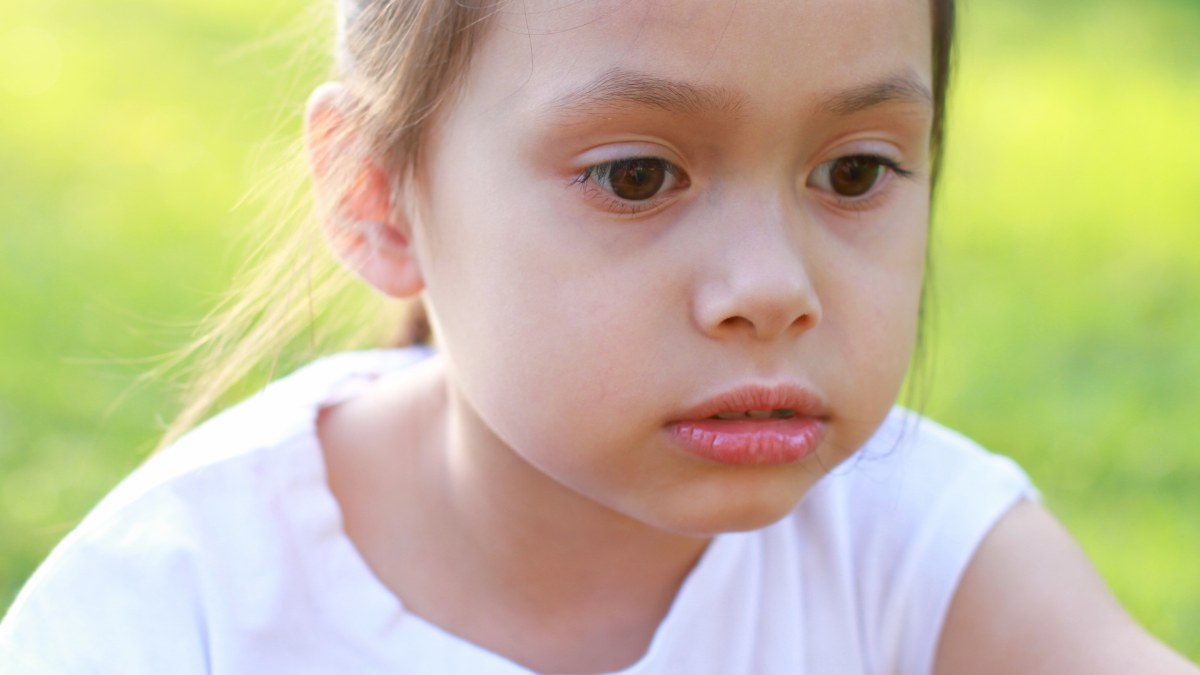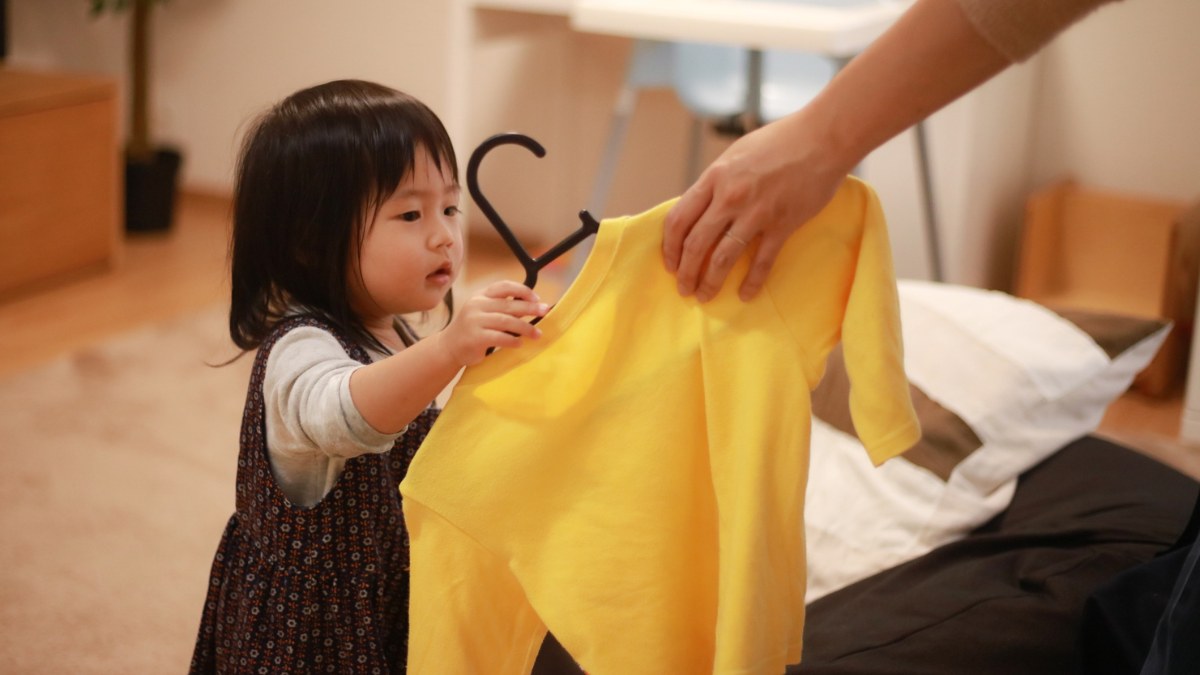Personal Space for Autism: How to Teach Boundaries & Safety
Personal space for autism is key to safety and social skills. Discover simple strategies parents can use to help children understand and respect limits.

Personal Space for Autism: How to Teach Boundaries & Safety
Key Points:
- Teaching personal space is essential for safety, social development, and self-regulation in autistic children.
- Strategies such as visual cues, social stories, and role-playing can help children understand and respect boundaries.
- Consistent practice, reinforcement, and guidance from ABA therapy can significantly improve understanding of personal space.
Personal space is more than just a polite social expectation—it’s a critical skill for safety, self-regulation, and social confidence, particularly for children on the autism spectrum. Children with autism may struggle to recognize physical and emotional boundaries, sometimes unknowingly invading others’ space or allowing others to invade theirs. These challenges can lead to misunderstandings, frustration, and even safety risks. By introducing structured strategies, parents can help their children learn to understand and respect personal space in a meaningful, age-appropriate way.
ABA therapy often addresses these challenges directly, providing personalized techniques to teach boundaries while supporting overall social skills and independence.
Understanding Personal Space in Children with Autism
Children on the spectrum often perceive and process social cues differently. This means that what might seem obvious to a neurotypical child—like stepping back when someone approaches—may not come naturally to an autistic child.
Personal space includes:
- Physical boundaries – how close someone can stand, sit, or touch another person.
- Emotional boundaries – respecting feelings, reactions, and consent.
- Situational awareness – knowing when certain physical behaviors are appropriate (e.g., in classrooms, playgrounds, or public spaces).
Recognizing these aspects helps parents and caregivers develop targeted teaching strategies.
Why Teaching Personal Space Matters
Personal space skills are not just about manners—they’re about safety and social confidence. Teaching these skills can:
- Prevent accidental conflicts or misunderstandings.
- Reduce anxiety for children who may feel overwhelmed in crowded or unpredictable settings.
- Foster better peer interactions and friendships.
- Support self-regulation, helping children manage emotions when others approach too closely.
Without guidance, children may struggle with personal safety or social acceptance, which can affect their overall development and confidence.
8 Practical Strategies for Teaching Personal Space
Teaching personal space requires structured, consistent, and age-appropriate techniques. Below are several strategies parents can use to reinforce boundaries and safety:
1. Visual Cues and Boundaries
Visual cues provide clear, concrete examples of personal space, which is essential for children who respond well to visual learning.
- Floor markers or tape – Place markers on the floor to define “safe zones” for standing or sitting during play, lining up, or waiting.
- Hula hoops or mats – Use a hula hoop or small mat as a visual boundary for activities or circle time. Explain that the child should remain inside their space.
- Color-coded systems – Different colors can represent varying distances: red for “stop,” yellow for “caution,” and green for “okay to approach.”
Consistently reinforcing these visual markers helps children internalize the concept of physical boundaries.
2. Social Stories and Scripts
Social stories and scripts are brief narratives or dialogues that model appropriate social behavior.
- Personal space storybooks – Create simple stories that explain situations where personal space matters, including visual illustrations.
- Role-specific scripts – Provide children with phrases like “Please step back” or “Can I have some space?” for practice.
- Routine integration – Integrate these stories into daily routines to reinforce learning in natural contexts, such as during snack time or playground visits.
These tools allow children to anticipate social expectations and respond appropriately.
3. Role-Playing and Practice
Practical, hands-on experience helps children understand boundaries in a controlled, safe environment.
Before diving into the strategies below, it’s important to introduce role-playing gradually. Start in familiar settings and gradually expand to less predictable environments.
Effective role-playing techniques include:
- Mirror practice – Stand facing each other and practice stepping back or giving high-fives while maintaining space.
- Friend scenarios – Role-play interactions with peers, teaching children how to ask for space politely or respond if someone invades their space.
- Game-based learning – “Red light, green light” or “Freeze” games help children gauge distance and movement control while having fun.
Consistent practice during these exercises helps generalize the skill across settings.

4. Reinforcement and Positive Feedback
ABA-based approaches emphasize reinforcement to encourage desired behaviors. Parents can use:
- Immediate praise – Acknowledge when children respect boundaries, even in small interactions.
- Token systems – Offer tokens or points that can be exchanged for preferred activities when children demonstrate good personal space habits.
- Behavior-specific feedback – Instead of saying “good job,” provide precise feedback: “I like how you stepped back when your friend came closer.”
Reinforcement ensures children connect the desired behavior with positive outcomes, increasing the likelihood of repetition.
5. Consistent Routines and Environmental Structure
Children with autism often thrive in predictable environments. Structuring spaces and routines reinforces personal space skills.
- Clear seating arrangements – Assign chairs or spots in classrooms or playgroups to establish defined zones.
- Consistent daily reminders – Use the same cues daily, such as a gentle tap on the shoulder or verbal prompt, to maintain continuity.
- Gradual exposure – Start with small groups and slowly increase social complexity as the child becomes more confident.
This consistency reduces anxiety and helps children anticipate social expectations.
6. Modeling and Observational Learning
Children often learn by observing adult behavior. Parents, caregivers, and siblings play a key role:
- Demonstrate space-respecting behaviors – Stand back when others enter the room and narrate your action.
- Use exaggerated examples – Occasionally exaggerate distance or movement during practice to make boundaries clear.
- Peer modeling – Encourage interactions with children who naturally respect personal space, highlighting their behavior for imitation.
Modeling reinforces learning in a practical and observable way.

7. Addressing Sensory Sensitivities
Autistic children may have sensory sensitivities that affect personal space perception. Over- or under-sensitivity can influence comfort with proximity.
- Identify triggers – Observe if the child reacts to certain touch, sound, or visual stimuli.
- Adjust the learning environment – Reduce stimuli during practice to avoid overwhelm.
- Use sensory tools – Weighted vests, noise-canceling headphones, or fidget objects can help regulate sensory input while learning boundaries.
Accommodating sensory needs ensures teaching personal space is effective and not distressing.
8. Using Technology to Reinforce Learning
Some children respond well to interactive digital tools that illustrate boundaries and social expectations.
- Apps with social scenarios – Programs that simulate approaching or crowded spaces allow children to practice virtual interactions safely.
- Video modeling – Short videos showing peers maintaining personal space can be replayed to reinforce understanding.
- Timers and prompts – Use digital timers or visual countdowns for turn-taking games to reinforce spacing and patience.
Technology can supplement in-person teaching while keeping the child engaged.
Tracking Progress and Adjusting Strategies
Monitoring progress ensures strategies are effective and allows adjustments based on the child’s needs.
- Behavior logs – Track incidents where personal space was respected or invaded.
- Adjust reinforcement schedules – Gradually move from continuous reinforcement to intermittent reinforcement as the child masters skills.
- Collaborate with therapists – ABA therapists can provide data-driven feedback and adapt interventions for optimal results.
Regular tracking ensures growth is measurable and strategies remain relevant.
Building Independence Through Personal Space Skills
Teaching personal space is a critical component of fostering safety, self-confidence, and social competence in children with autism. By combining visual cues, social stories, role-playing, reinforcement, structured routines, modeling, and sensory accommodations, parents can equip children with the tools they need to navigate social interactions safely.
For families seeking structured, evidence-based support, Supportive Care ABA offers personalized ABA therapy that helps children understand and respect boundaries while improving overall social skills. Their ABA therapy programs in North Carolina, Georgia, Oklahoma, Virginia, and Indiana integrate these strategies, empowering children to practice personal space skills across settings. If you’re ready to support your child’s social growth and independence, get in touch with us today.








.jpg)
.jpg)


%20(1).jpg)
.jpg)
